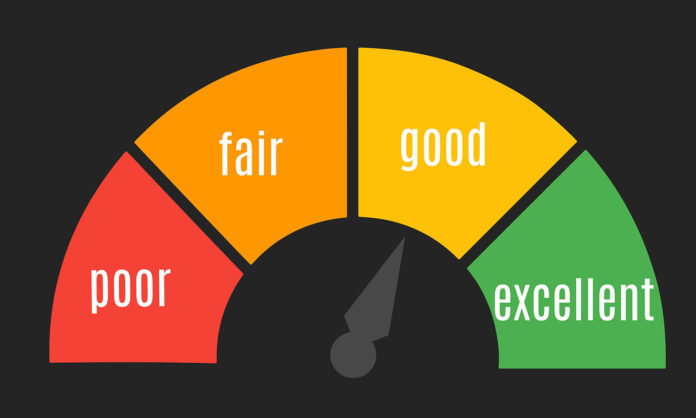
In a post on Writer Unboxed, Barbara Linn Probst offers advice on how and when to use beta readers and whom to ask. “Typically, they’re people we know, if not personally, then through a friend or writing community,” she says. “We trust them enough to test our books on them and (presumably) listen to what they have to say.”
There are no rules and very little advice for using beta readers, so Probst surveyed multiple online writers’ groups to see if she could uncover how writers actually use them, rather than how they are advised to use them. Here’s what she found:
- Who do writers ask to beta read? The results here were mixed, and dependent on the preferences of the writer. Some asked readers only, no writers, because they wanted unfiltered feedback from potential audience members. Some preferred to ask people they didn’t know, to avoid bias in the response. In contrast, some wanted only writers as beta readers, because they would be better able to find weak spots readers might miss. And some writers preferred a mix, to get the widest possible range of responses to their work.
- When do writers seek beta readers? Some writers use beta readers at multiple points in their process. They might have one set of readers review an early draft and another read a revision. Generally, writers considered other writers more helpful at an early stage and readers better for revised or polished manuscripts.
- Is there an advantage to using beta readers? Generally, writers find beta readers helpful, if not essential. In many cases, writers used beta readers because they could not afford professional advice. For others, beta readers complemented the work of paid editors. To avoid generic comments, writers often gave beta readers a list of questions to ask about structure, clarity, continuity, and characters. However, some left it open-ended, preferring to hear a reader’s unvarnished response.
- Are there disadvantages? Some writers noted that getting too much feedback can be paralyzing. Trying to implement everyone’s comments can throw a story completely off-track. Beta readers also might not have the background to articulate what they liked or didn’t like about a story, leaving the writer with less information than they started with.











